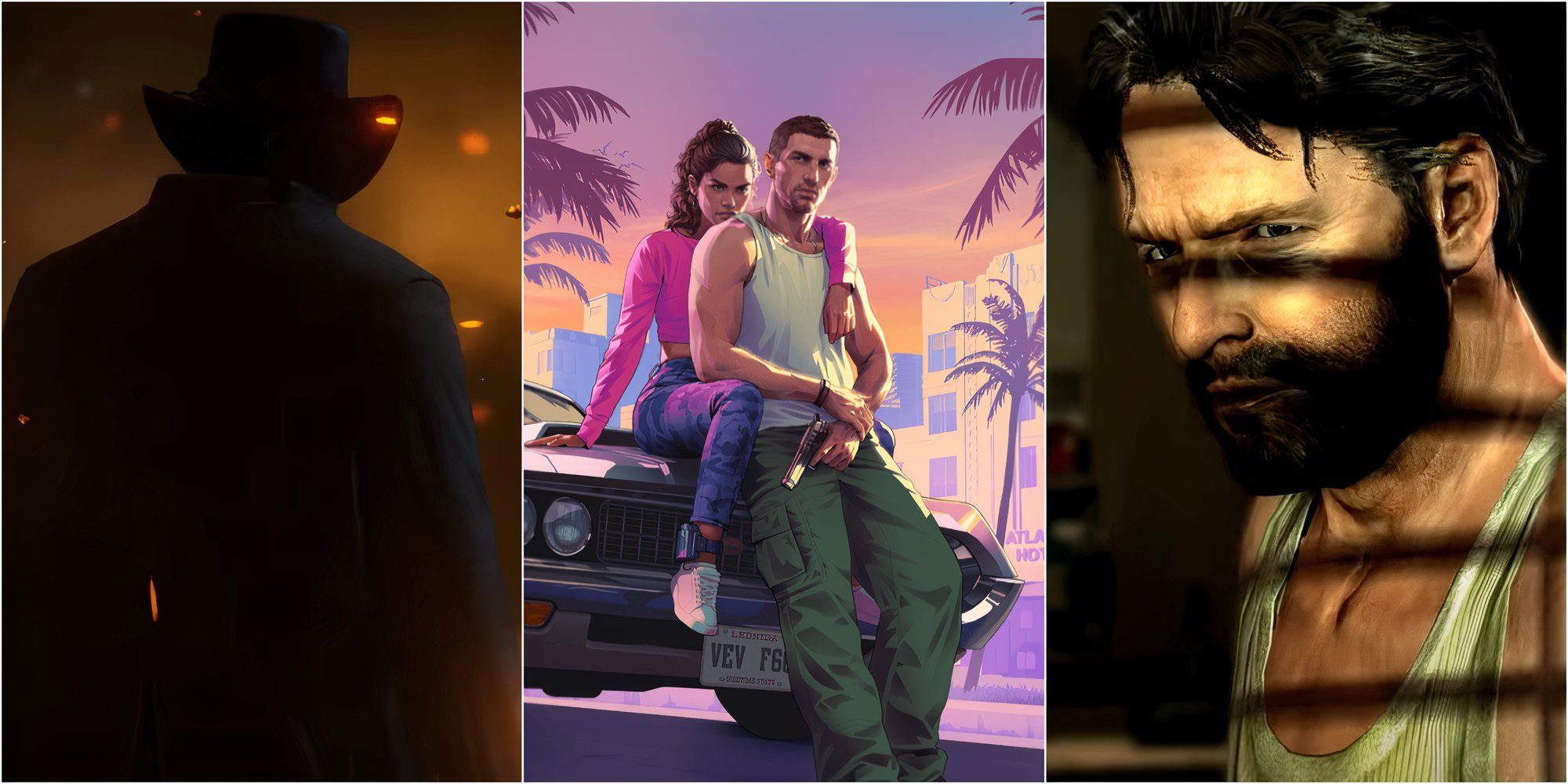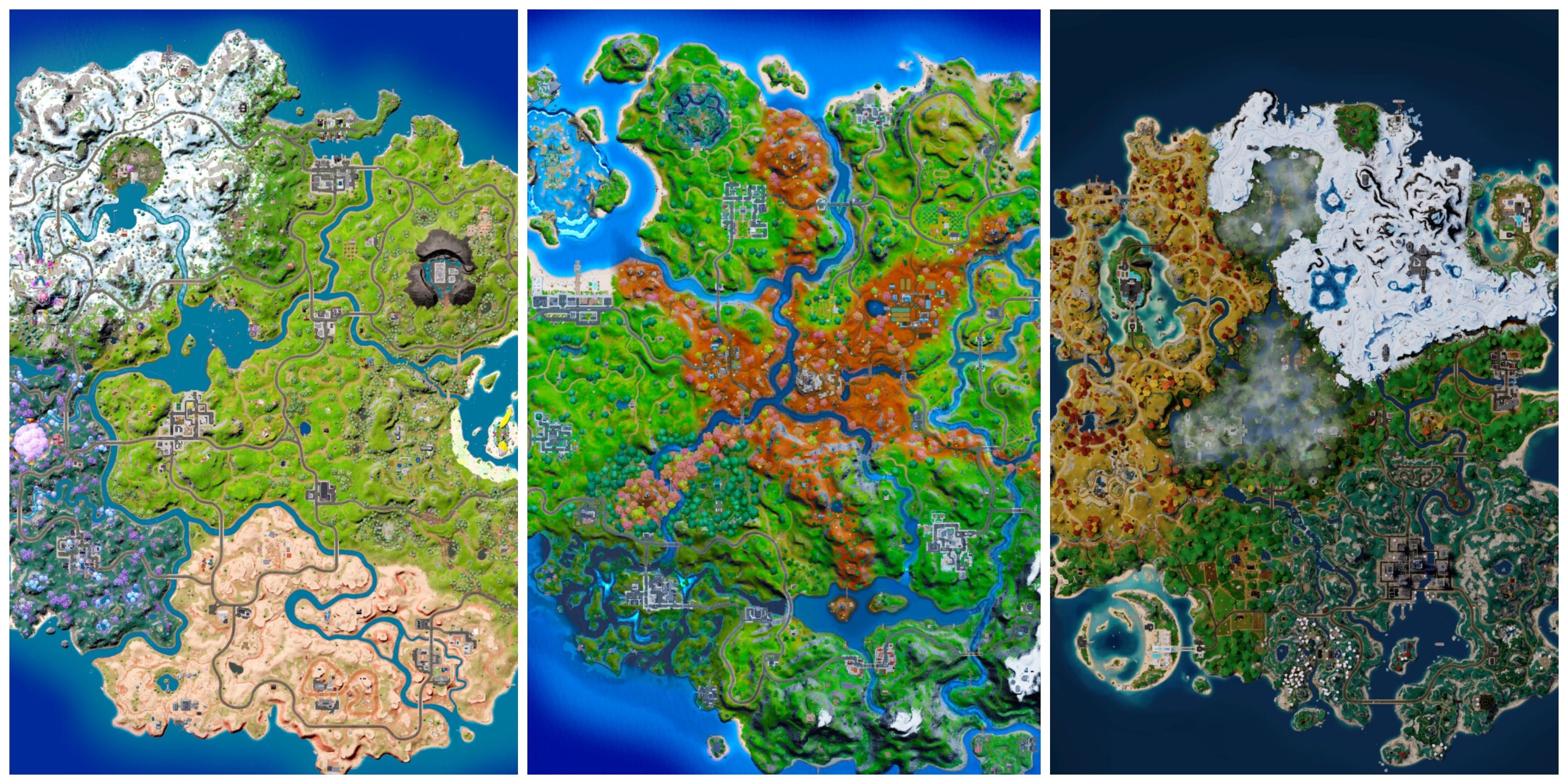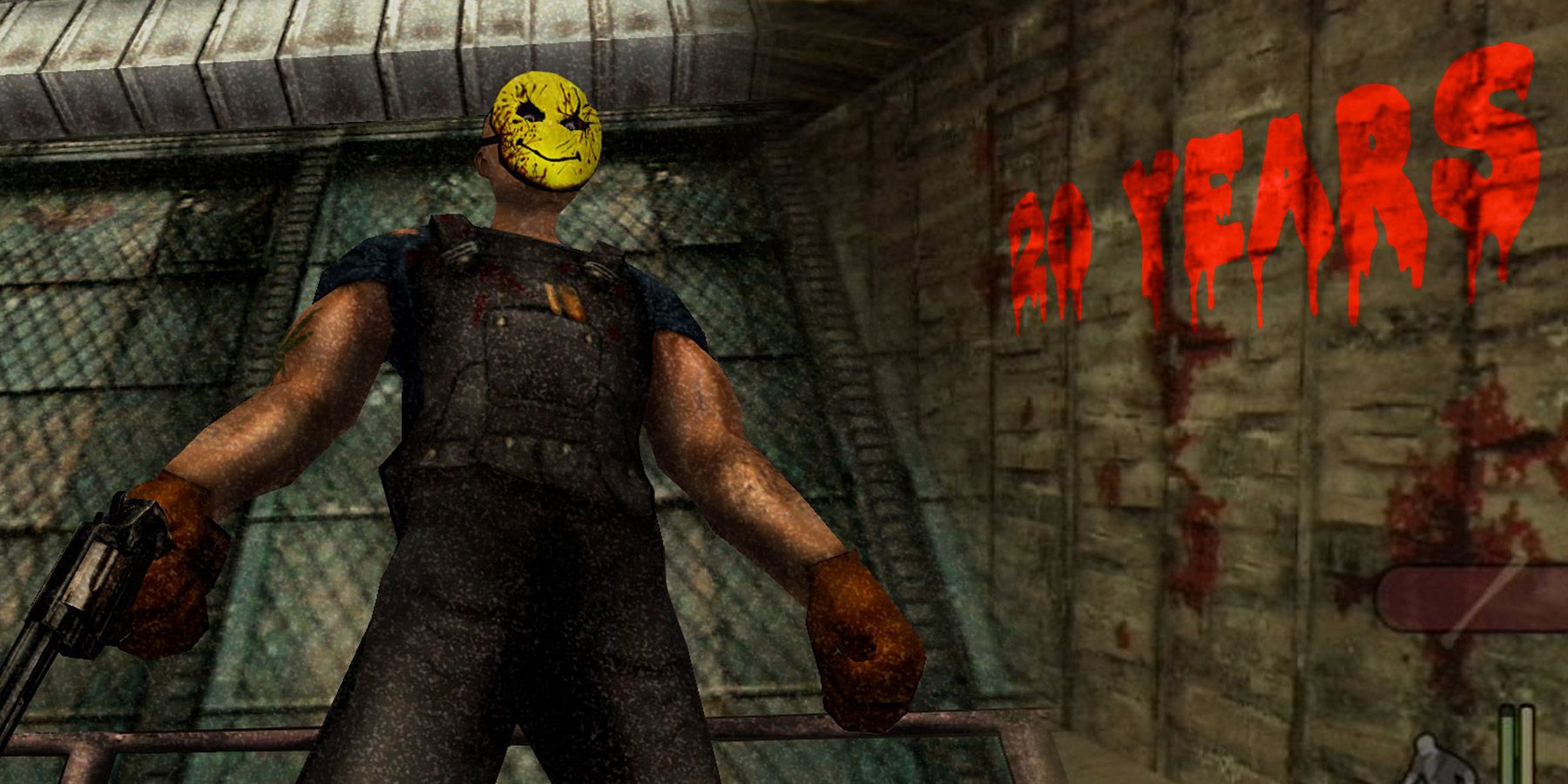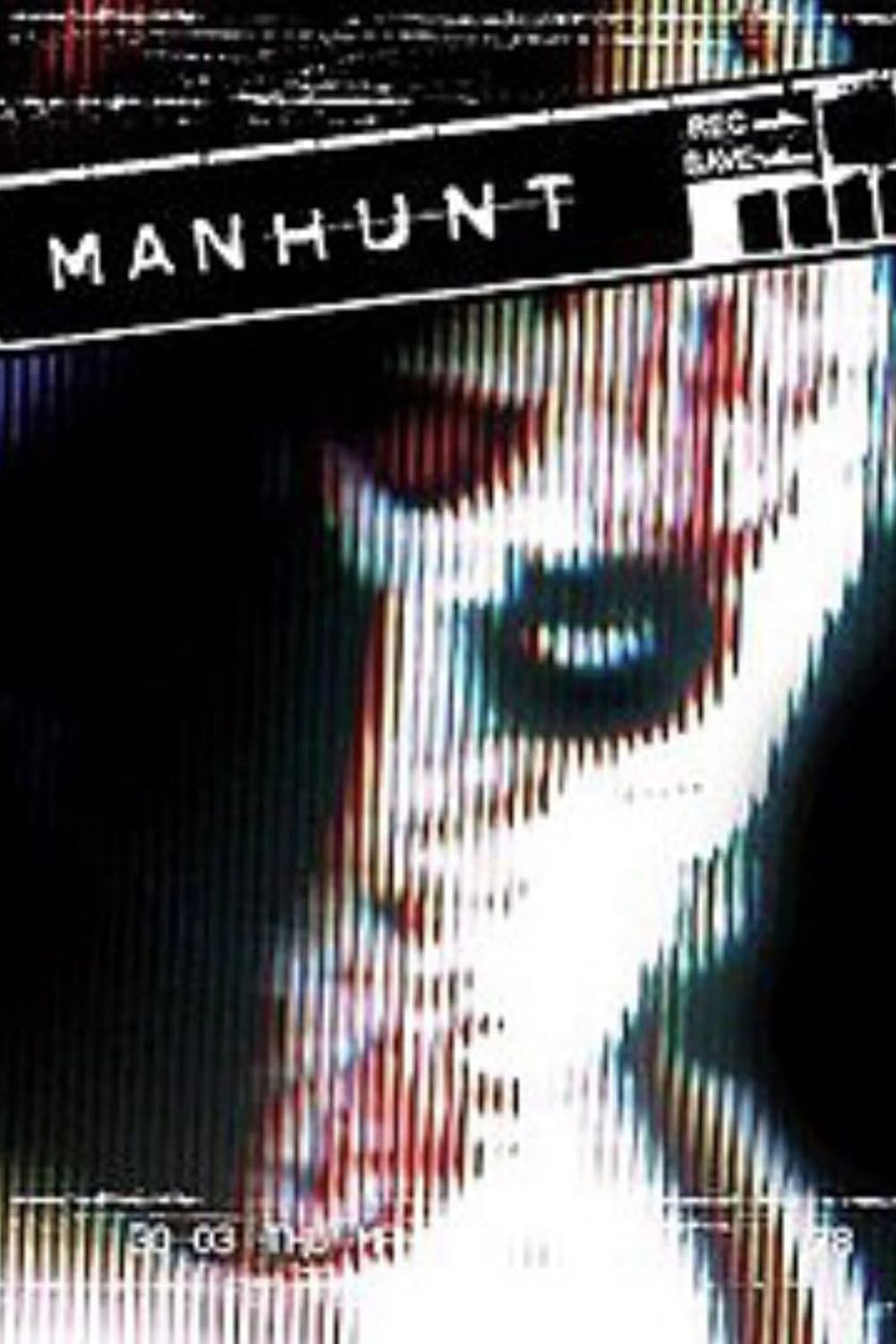A game that rides a line between stealth action and bleak survival horror, Manhunt exists as a title like nothing else in Rockstar Games’ library. Released following the high-profile controversy sparked by the success of Grand Theft Auto 3 in the early 2000s, this game took the risk of leaning far more heavily into the most mature elements of the same world. While it’s unlikely that the developer will ever produce a project with this tone again, Manhunt achieves several uniquely grim feats that still make it worth revisiting.
Manhunt originally released on PS2 in November 2003. April 20 marks its 20th anniversary on PC and Xbox.
With sales figures that weren’t nearly as strong as those of GTA, it’s surprising that Rockstar's divisive Manhunt has endured as a memorable game for so long, especially when considering the lasting relevancy of its themes relating to violence in entertainment and the fact that Rockstar has abandoned franchises like it. However, it seems that there has yet to be another title that captures the same feeling. After a lackluster sequel didn't continue its legacy and its creator has reached previously unthinkable heights of success with a far more mainstream-friendly IP, there's a chance that Manhunt may be a relic of the past that never returns.
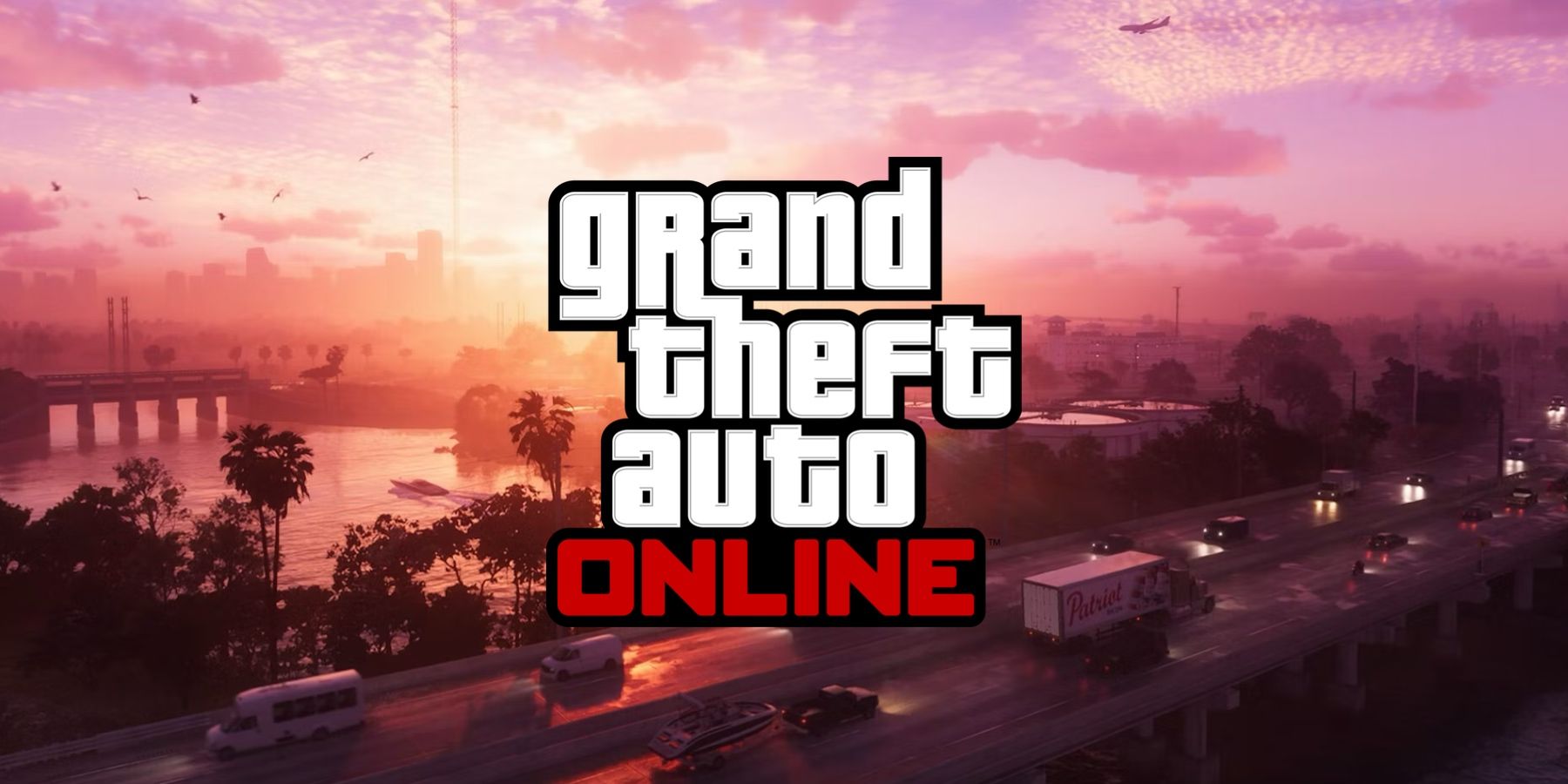
Why Rockstar Taking it Slow With GTA Online in Grand Theft Auto 6 May Be The Right Move
GTA Online has grown to become one of the biggest online games around, but GTA 6's version of the mode should avoid getting ahead of itself.
Rockstar Once Went Far Beyond GTA's Nihilistic Tone
Manhunt Was a Disturbing Project to Develop
The Grand Theft Auto series has always been known for its absurd and often disturbing depictions of realistic but extreme scenarios, but it also has the excuse of being a parody. Manhunt plays it far straighter, as its protagonist is James Earl Cash, a death row inmate made to participate in an elaborate snuff film ring. Following the pushback caused by GTA 3’s popularity, the sentiment about this at Rockstar wasn’t positive. In a since-deleted blog post shared by GamesRadar that detailed some of his time at Rockstar Games, ex-developer Jeff Williams provided an insightful statement regarding the view of Manhunt at the studio:
"Manhunt, though, just made us all feel icky. It was all about the violence, and it was realistic violence. We all knew there was no way we could explain away that game. There was no way to rationalize it. We were crossing a line."
Rockstar’s Growth Has Caused Inevitable Change
It may be set within a part of GTA’s world, but Manhunt has probably been long forgotten when it comes to tying into the modern franchise. With a focus on cleaner realism seemingly at an all-time high in GTA 6's trailer as the lines between parody and reality have blurred more than ever, it’s hard to imagine that the brutal dynamic of Manhunt could be on Rockstar’s agenda. There have been messed-up moments in Rockstar titles, but delving into its darkest title is likely to be shocking for those who aren’t expecting something so visceral.
Even by Rockstar Standards, Manhunt’s Content is Thoroughly Controversial
Manhunt's Gameplay Didn’t Resemble Grand Theft Auto’s Goofy Fun
Unlike the open-world design that informed much of Grand Theft Auto’s mass appeal and success, Manhunt featured a linear structure of twenty main levels that had to be cleared. Based around stealth, most combat consists of Cash stalking the “Hunters” around while hiding in dark spots of shadow to execute them with different, sometimes improvised weapons. This could even include a plastic bag, a simple yet deadly tool that serves as a great example of the game’s chilling sound design. Health is low and every interaction matters in a way that was only also somewhat present in the Max Payne games, and this feeling of dread accurately represents the greater narrative.
The Max Payne Series’ Mature Storytelling Shares Some of Manhunt’s Darkness
As a franchise that begins with its protagonist’s family being murdered, Rockstar-published Max Payne never shied away from incorporating disturbing subject matter into its neo-noir world. The titular mentally tortured character experiences consistent tragedy throughout his appearances, giving players an insight into the suffering that the kind of lifestyle shown in GTA actually causes. Players even take painkillers as healing items, a concept that is shared with Manhunt and ensures that even basic mechanics have dark implications. While there has been a whole Max Payne trilogy, however, Manhunt has spent years as a dormant IP due to the far more confrontational nature of its heavier elements.
The True Message of Manhunt’s Meaningless Violence is Tough to Face
Humanity’s Darkness is the Real Horror
It may be a point of contention among some players, but it could be argued that Manhunt’s apparent lack of any sort of redeemable character or positive arc makes one of its strongest thematic points. The different Hunter groups are all morally disgusting in ways that rationalize the player’s actions, with the Hoods being corrupt cops and criminals, the Skinz being a hate group, Wardogs kidnapping Cash’s family, and the Innocentz being psychopathic occultists and abusers. The Smileys are insane inmates who share traits with Piggsy, the unhinged final boss and previous occupant of Cash's role, making the game a gauntlet to some of the worst of humanity. Killing the director of it all, in the end, provides some catharsis, but there’s a deeper emptiness to this lore than in any other Rockstar release that needs a remaster.
When even the player character has found himself on death row, it becomes clear that Manhunt isn’t trying to emphasize the fantasy of being a hero. The most popular horror games have been effective through grotesque creatures and uncanny supernatural phenomena, but it could be argued that Manhunt’s display of humanity’s darkest urges is far more fear-inducing and relevant. The Director, Lionel Starkweather, is said to be a former Los Santos film producer who was merely being tasked by the unseen Mr. Nasty, the true villain who is never seen or apprehended. The journalist covering the situation throughout the game is revealed to have ended up committed to an asylum after what she witnessed, creating an overwhelming sense of dread that goes beyond a simple jump scare or gross-out joke.

